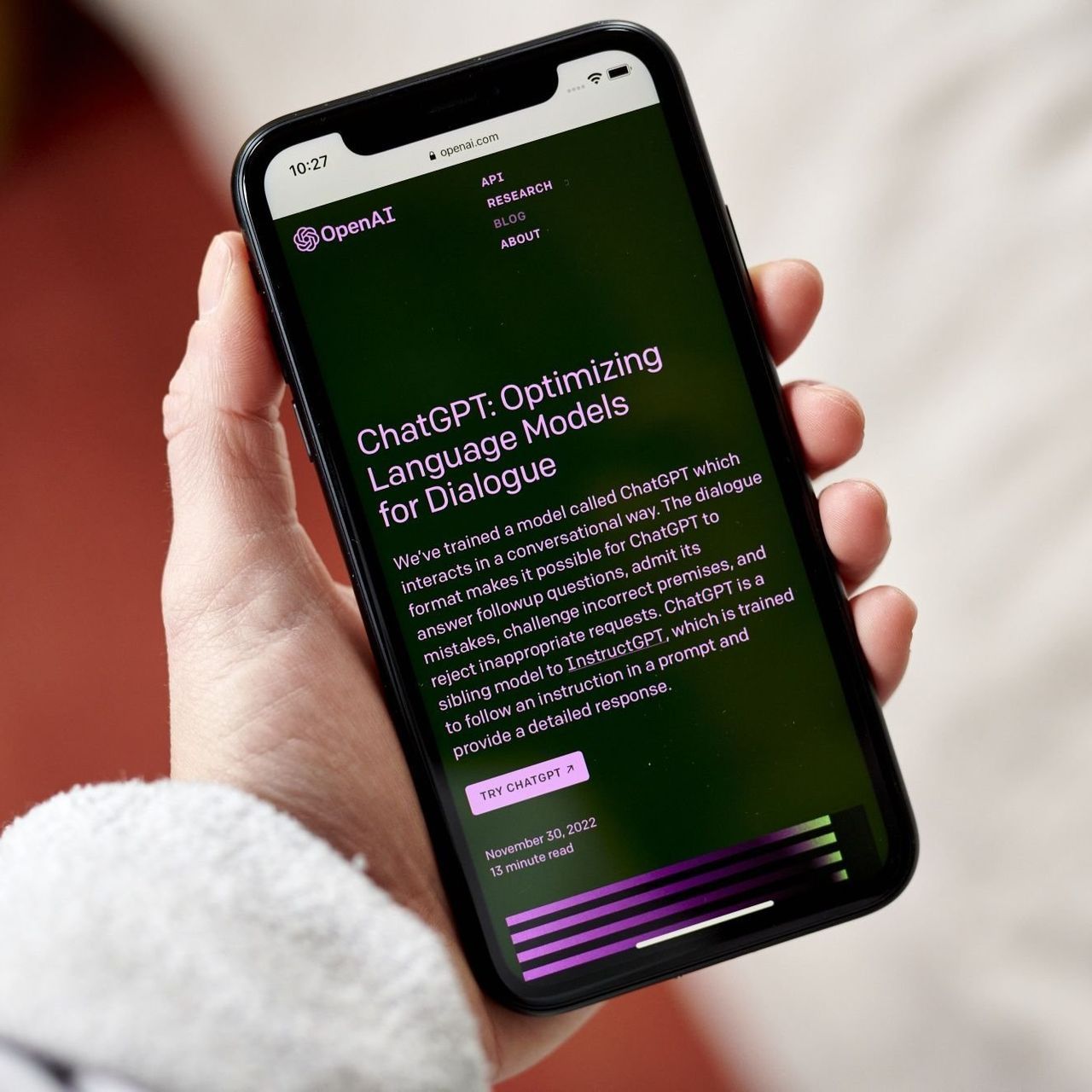The U.S. Patent and Trademark Office has rejected OpenAI’s application to trademark “GPT,” stating that the term is considered “merely descriptive” and therefore ineligible for registration. This decision deals a blow to OpenAI’s branding efforts, but it is unlikely to result in a flood of similar chatbot models from its competitors.
Key Takeaway
The U.S. Patent and Trademark Office has denied OpenAI’s application to trademark “GPT,” citing that the term is “merely descriptive” and does not meet the requirements for trademarking. While this decision may impact OpenAI’s branding efforts, the company still maintains a strong presence in the GPT-related space.
Trademark Denial
The denial from the USPTO is based on the argument that “GPT” simply describes a feature, function, or characteristic of the applicant’s goods and services. OpenAI contended that it had popularized the term “GPT,” which stands for “generative pre-trained transformer,” to describe the nature of its machine learning model. However, the patent office noted that “GPT” was already in use in various other contexts by different companies, such as Amazon.
Impact on OpenAI
While OpenAI’s inability to trademark “GPT” may weaken its control over GPT-related terminology, the company still holds a significant mindshare in this space. Although its legal protections are limited, OpenAI retains the advantage of being the first to establish the “GPT” brand. This may prompt the company to further emphasize the GPT branding, despite the lack of trademark protection, to reinforce its position as the pioneer in this domain.

























